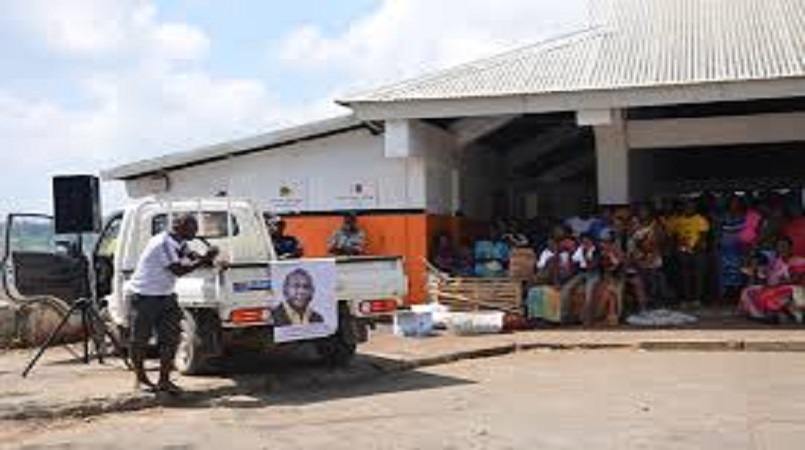
The 2016 General Election in Vanuatu was “peaceful and orderly” and met “many of the benchmarks for democratic elections”, the Commonwealth Observer Group has found.
The findings were revealed in a final report by the Group, who observed the pre-election preparations, voting and counting procedures. The report has been sent to the Government, the Electoral Commission, the Speaker of Parliament and the Leader of the Opposition.
Writing in the foreword, the Chair of the Commonwealth Observer Group, former Prime Minister of The Bahamas Hubert Ingraham said: “The Vanuatu Electoral Commission and the Electoral Office are to be commended for preparing and administering this election under difficult circumstances, given the early dissolution of Parliament and the sudden illness of the Principal Electoral Officer. The conduct of the parties and independent candidates during the election campaign period was also commendable.”
Commonwealth observers also highlighted some shortcomings, including the inaccuracy of the electoral roll, which they stressed needs “urgent revision”.
“The Electoral Commission has acknowledged these issues and expressed a commitment to address them before the next election,” Ingraham said.
Recognising the recent challenges Vanuatu has faced, particularly in dealing with the impact of Tropical Cyclone Pam, observers made a number of recommendations around the campaign, media engagement, the administration of the election and the voting, counting and results processes.
The report called for a review of Vanuatu’s continuous voter registration process, and specified a number of actions, including developing an electronic and alphabetical register. It also proposed reviewing the use of ballot books and the creation of a dedicated Public Relations Unit within the Electoral Commission that is responsible for liaising with the media.
The 2016 election was called nine months ahead of schedule, after 14 MPs were jailed for bribery. It follows a period of sustained political instability with four changes of prime ministers in the last four years.
Last year the Commonwealth facilitated a dialogue among political leaders that produced a consensus document outlining the key areas the leaders agreed to address in pursuing constitutional and electoral reforms in Vanuatu. The Commonwealth has assured the Government of its commitment to continue providing assistance and working in partnership to strengthen democratic processes and institutions and support Vanuatu’s development objectives.
A total of 265 candidates from 29 political parties contested the elections. Charlot Salwai, leader of the Reunification of Movement for Change, became Prime Minister on 11 February
